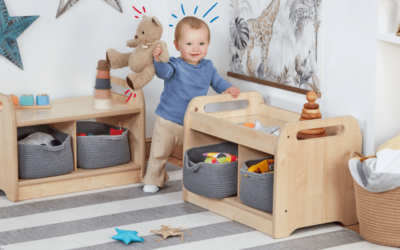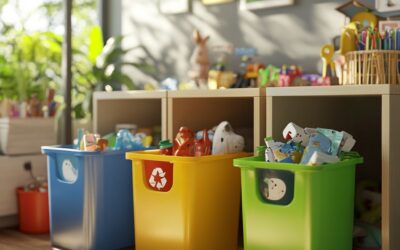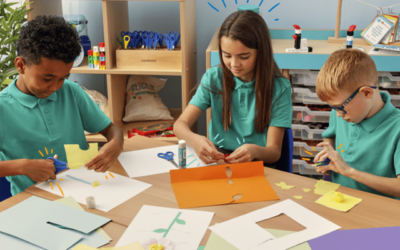Schemas in early years
Schemas in early years can be described as patterns of repeated behaviours, which often occur in play. Some baby schemas include transforming, transporting, positioning and rotating. It’s important for parents and practitioners to understand these schemas in order to better understand the children they’re living and working with.
The concept of schemas as introduced by Piaget in 1926 is still very relevant today. Some of the leading contemporary theorists on early childhood education have produced a wealth of information relating Piaget’s theory to current early years practice.
Schemas are often described as children’s fascinations. They are patterns of repeated behaviour which allow children to explore and express developing ideas and thoughts through their play and exploration. The repetitive actions of schematic play allow children to construct meaning in what they are doing.
Schemas are the urges that children have, to do things like climb, throw things and hide in small places.
By going through these schemas, young children are equipping themselves with the knowledge and skills that lay the foundations for almost everything they will do in later life, from writing to driving a car.
It is important for early years practitioners to understand and recognise children’s schemas as a learning process rather than challenging behaviour.
This understanding enables early years practitioners to plan activities and provide resources which will hold the children’s interest as well as supporting the stage of development that they are currently working through.
When schemas are observed, identified and understood by early years teachers, their understanding of each child’s current interests and ways of thinking is enhanced.
Some of the most commonly observed schemas are:
Connecting: Children may enjoy connecting and disconnecting objects such as train tracks or taping materials together (construction, train tracks, junk modelling).
Transforming: Children explore how the properties of materials can be changed when mixed, for example mixing water into the sand tray (tuff trays, kinetic sand, colour mixing, sand and water play).
Trajectory: Children may throw or drop toys, or jump from high places (bean bags, soft balls, balls with streamers attached).
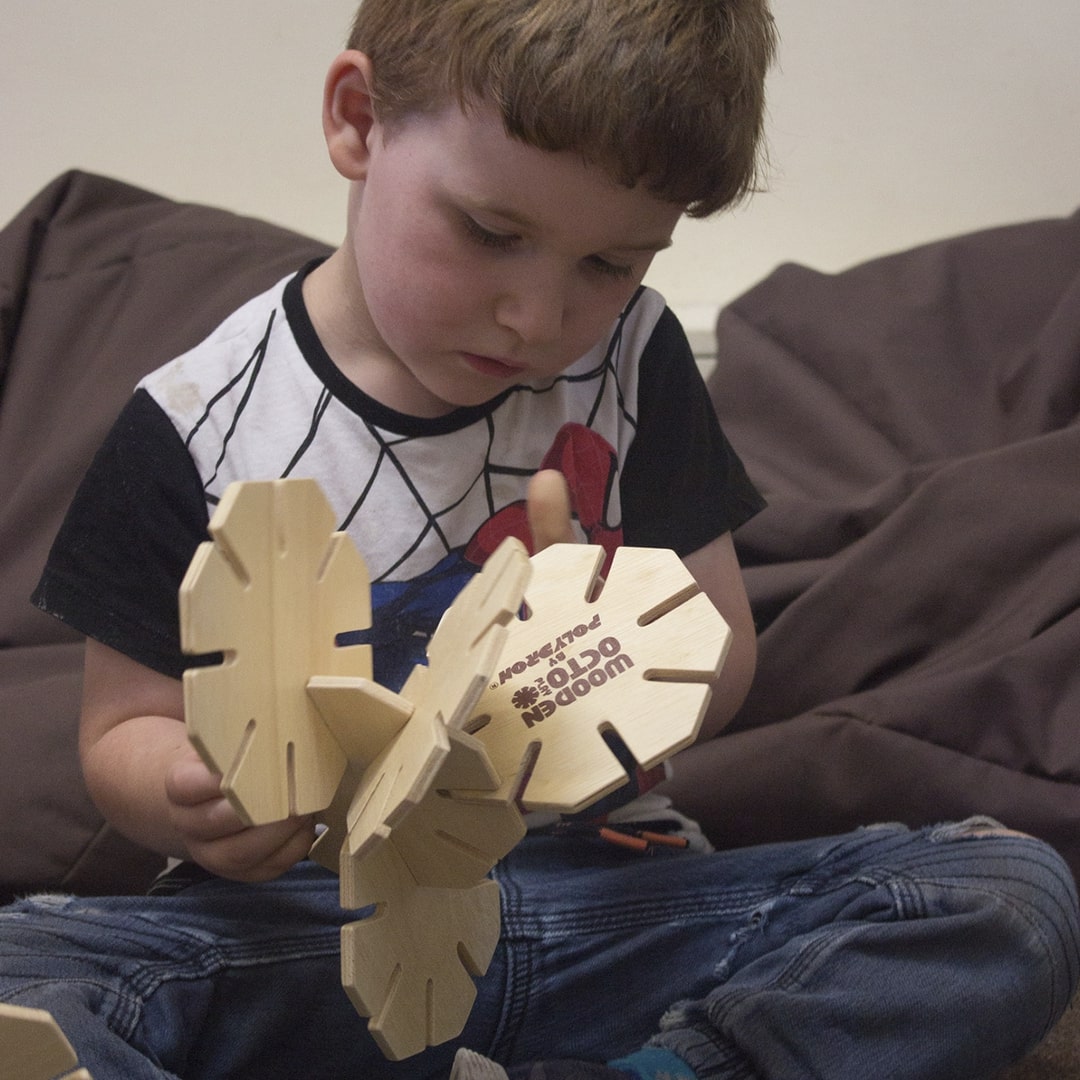
Rotation: Children may roll down hills or enjoy making bicycle wheels spin (vehicles with wheels, hoops, balls, ribbon streamers).
Enveloping: Children may completely cover themselves in fabric, wrap things in paper, or put things into bags or boxes. (fabrics, blankets, wrapping paper, foil, boxes).
Positioning: Children may enjoy sorting and ordering objects, such as lining up a row of cars, or sorting wooden blocks by colour (toy vehicles, coloured blocks).
Orientation: Children may enjoy investigating the world from different perspectives, such as climbing on tables or looking upside down between their legs (climbing frames, slides, see saws).
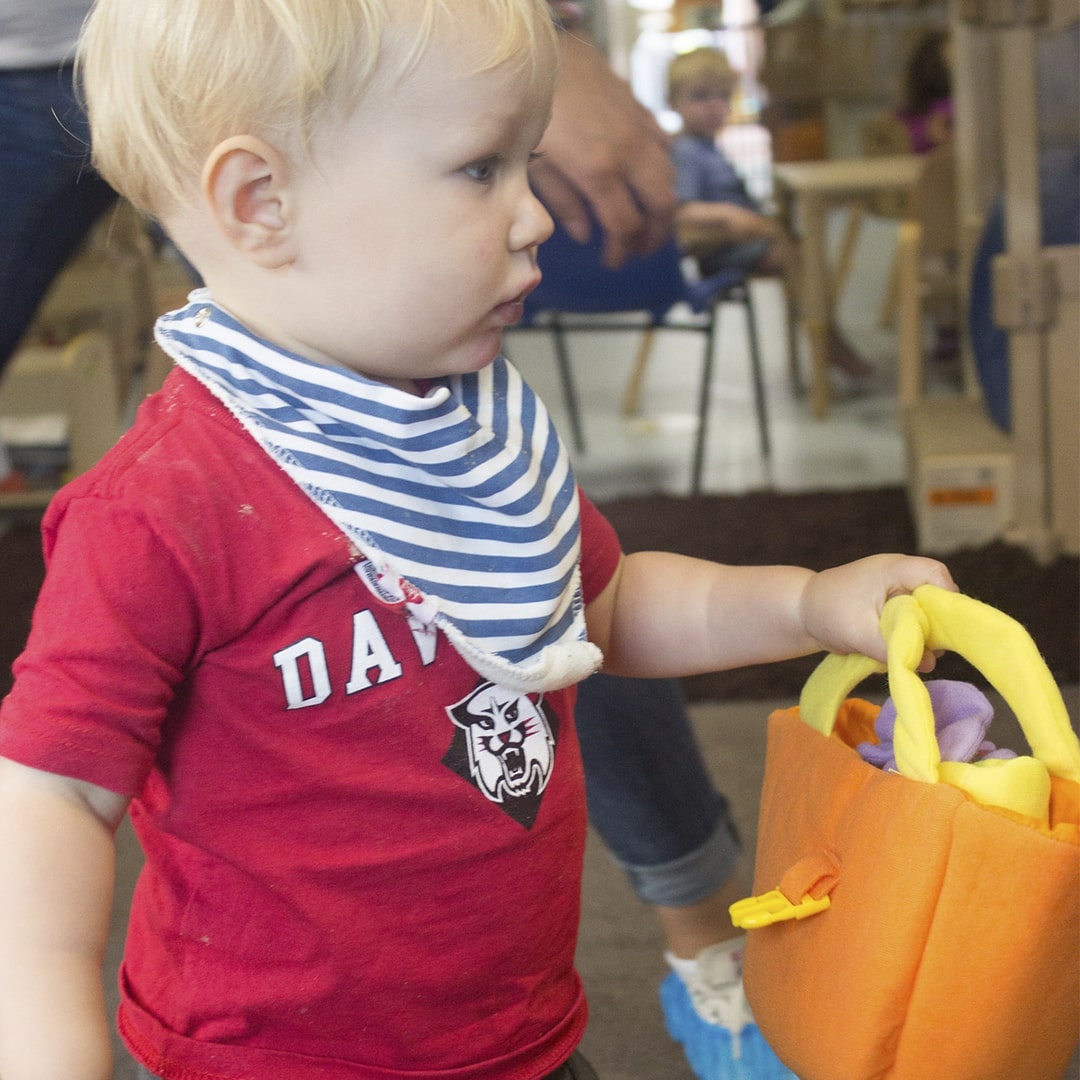
Enclosure: Children may put borders on pictures, or build enclosures around themselves (construction resources, farmyard sets with gates, rope, ribbon, string, pens).
Transporting: Children may enjoy moving objects from one place to another, sometimes in containers (wheelbarrows, spoons, bags, purses, rucksacks).
By Ben Clay – Pedagogy Manager and Mandy Cuttler – Pedagogy Mentor LEYF (London Early Years Foundation) – London Early Years Foundation (LEYF) is a family of 39 nurseries across London. Together with families and communities, they enable each child to be the best they can be by providing wonderful experiences that enrich and extend their learning.
Related blogs
Your Guide to the School-Based Nursery Capital Grant
What is the School-Based Nursery Capital Grant? For schools aiming to enhance their nursery facilities, the School-Based Nursery Capital Grant provides a simple funding solution. This grant is open to eligible state-funded primary schools in England that...
What Goes In, Must Go Out
Creating a Circular Economy in Your Nursery Author: Nick Corlett Sustainability Manager at LEYF Sustainability is more than a trend—it’s a shared responsibility, and the nursery is the perfect place to nurture these skills. Every day...
Top tips to create a SEND-Friendly Primary School Classroom
Author Lindsay Robinson Lindsay Robinson has been a primary school teacher for 23 years and is passionate about achieving the very best outcomes for children through quality first teaching and experiences. I remember receiving very little guidance during my teacher...
